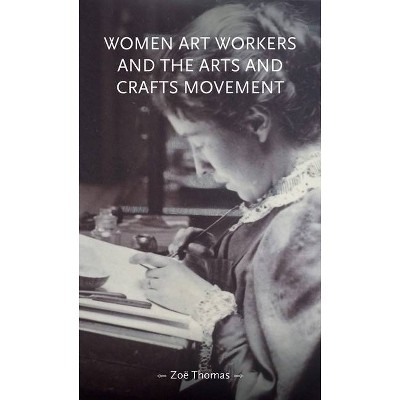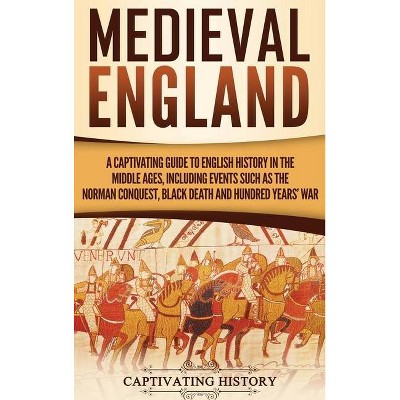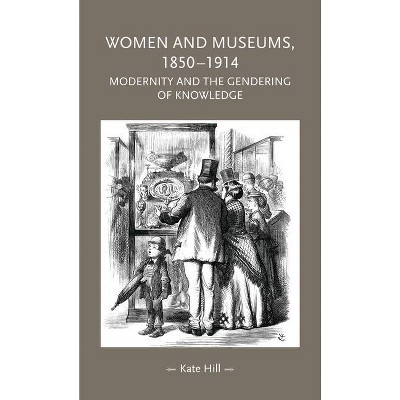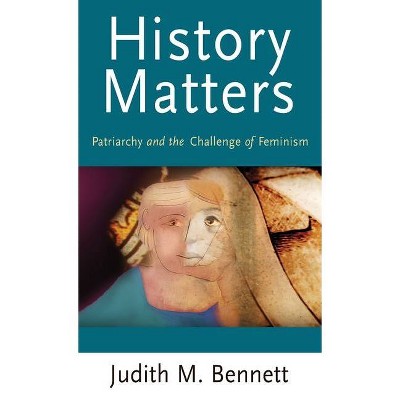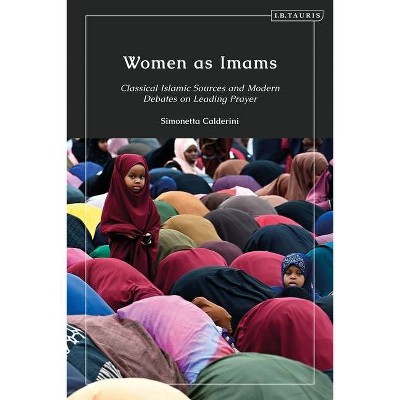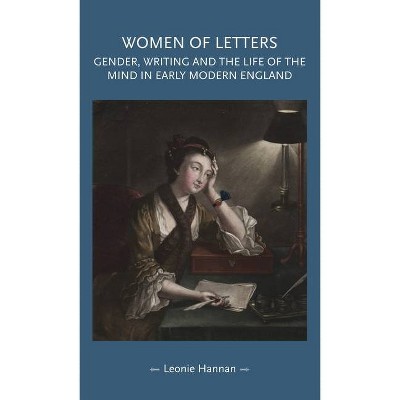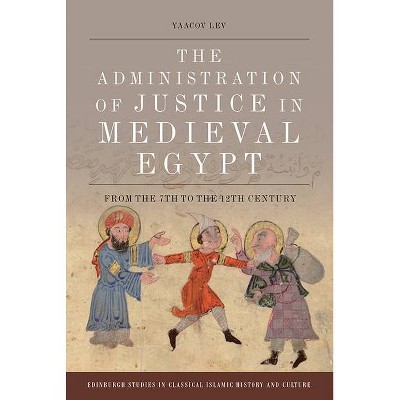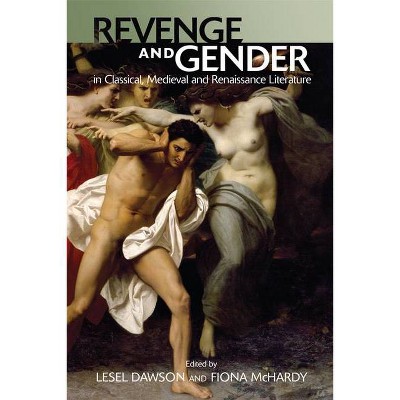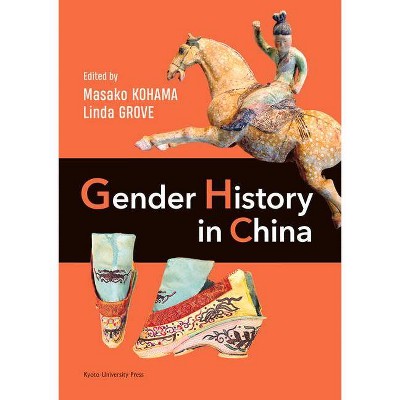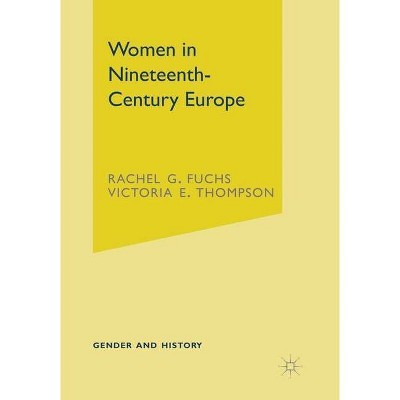Medieval Women and Urban Justice - (Gender in History) by Teresa Phipps (Hardcover)
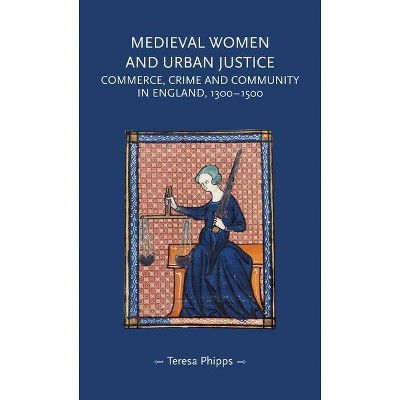
Similar Products
Products of same category from the store
AllProduct info
<p/><br></br><p><b> About the Book </b></p></br></br>This is the first in-depth, comparative study of women's access to justice in medieval English towns. It compares the records of Nottingham, Chester and Winchester and a wide range of legal actions to highlight the variable nature of women's legal status in actions that arose from the complex, messy ties of everyday life.<p/><br></br><p><b> Book Synopsis </b></p></br></br>This book provides a detailed analysis of women's involvement in litigation and other legal actions within their local communities in late-medieval England. It draws upon the rich records of three English towns - Nottingham, Chester and Winchester - and their courts to bring to life the experiences of hundreds of women within the systems of local justice. Through comparison of the records of three towns, and of women's roles in different types of legal action, the book reveals the complex ways in which individual women's legal status could vary according to their marital status, different types of plea and the town that they lived in. At this lowest level of medieval law, women's status was malleable, making each woman's experience of justice unique.<p/><br></br><p><b> From the Back Cover </b></p></br></br><i>Medieval women and urban justice</i> explores legal actions involving women in three medieval towns - Nottingham, Chester, and Winchester - during the fourteenth and fifteenth centuries. It details women's involvement in litigation concerning debt and trespass, as well as the actions for which they were punished under local policing and regulations. Through the examination of original court records, the book reveals the identities of hundreds of ordinary urban women and the wide range of lawsuits and actions that they participated in. It pays close attention to the experiences of married women and the complex and malleable nature of coverture, which did not always make them legally invisible. The book concentrates on the main ways that women's personal actions drew them into contact with the law: litigation relating to complaints of debt and trespass, the regulation of trade, and the policing of misbehaviour by urban authorities. This allows for consideration and comparison of the differing ways that women's legal status was defined according to various situations and pleas. Throughout, the records of the three towns are compared to highlight the varying experiences of women living in different places and under different legal customs. This book will be of interest to students and scholars of medieval women, urban society, and the law, due to the detail with which it explains the workings of the law in different towns. It also makes a significant contribution to debates on the nature of coverture in the Middle Ages and women's ability to access justice.<p/><br></br><p><b> Review Quotes </b></p></br></br><br>'Medieval town life has been heralded for offering women increased opportunities for economic activity and social advancement. However, the study of women in urban judicial courts complicates this picture by reporting occasions in which women violated principles of peace and equity or were themselves victims of violation. Phipps (Swansea Univ., UK) samples the legal records of the medium-sized English towns Nottingham, Chester, and Winchester, showing them to be rich sources of social history for better understanding urban justice. The cases indicate that women's legal action was not defined primarily or solely by gender, as they were perpetrators or victims of the same kinds of misbehavior as men. Although marriage technically transferred a woman's legal responsibility to her husband--the concept of coverture--town courts held flexible ideas about how to apply this at least until the mid-15th century, not hesitating to find a woman fully responsible for some crimes. The study of debt litigation, regulation of work and trade, public disorder, and verbal disturbances sheds light on women's roles in urban settings, where justice and peacekeeping were seriously pursued for the profit and well-being of all within their walls.' <i>--L. C. Attreed, College of the Holy Cross</i> Summing Up: Recommended. Lower-division undergraduates through faculty. 'Dr Phipps' book is undoubtedly a valuable contribution to the scholarship in this field and will appeal to a wide readership.' <i>Transactions of the Historic Society of Lancashire and Cheshire</i>, Dr Shaun D. McGuinness<br><p/><br></br><p><b> About the Author </b></p></br></br>Teresa Phipps is Honorary Research Fellow at Swansea University
Price History
Price Archive shows prices from various stores, lets you see history and find the cheapest. There is no actual sale on the website. For all support, inquiry and suggestion messages communication@pricearchive.us
